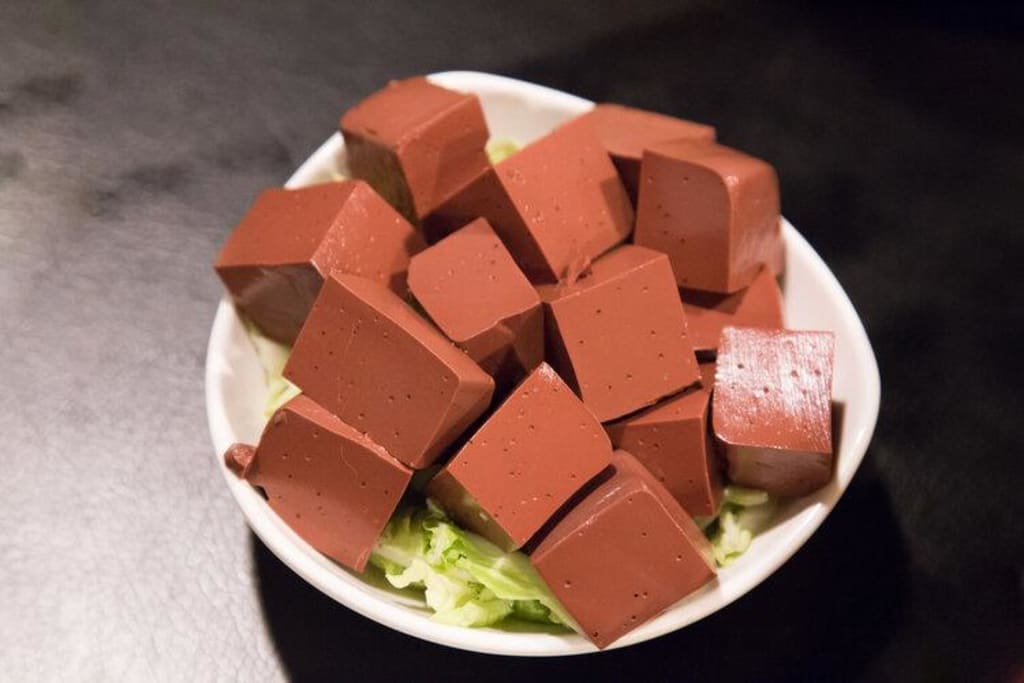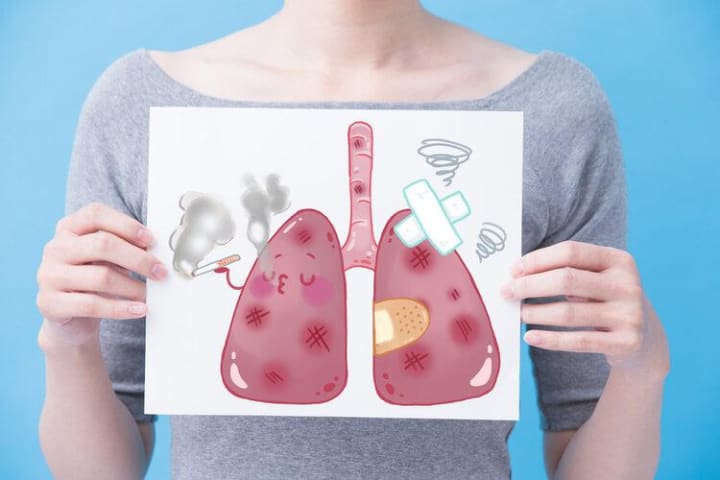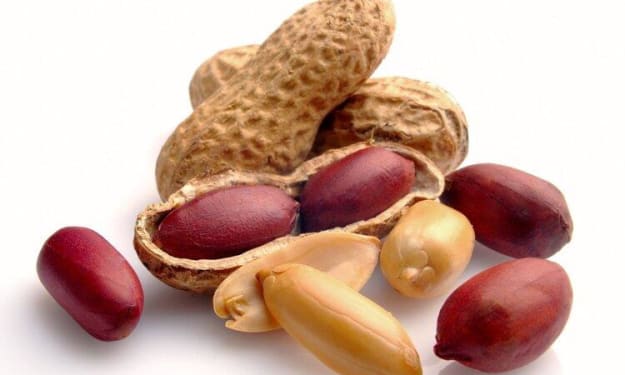What is the nutritional value of pork blood?
These 5 kinds of people eat pig's blood is very bad for health

Recently, Xiaomiao received a fan submission.
The elders in the family often say that pig blood has the effect of clearing the lungs and detoxifying the body. Last week my mother bought pig's blood and made a leek and pig's blood soup, which tasted very good, I drank a few bowls and ate several pieces of pig's blood.
But the day after I ate the pig's blood, when I went to the bathroom, I found that my stool was black, what happened? Is it because the pig's blood has discharged all the harmful substances from the body?
A. Black stool after eating pig's blood, is the body discharging the "toxins" in the lungs?
Black stool after eating pig's blood is actually because pig's blood contains a lot of iron ions, about 15 mg of iron per 100 grams of pig's blood, which is higher than lean meat, muscle, and eggs.
If you eat a lot of pig's blood at once, beyond the digestive tract's ability to digest and absorb, the unabsorbed iron will enter the intestines and be converted into ferrous sulfide under the action of intestinal flora, and ferrous sulfide is black and will be excreted with the feces, so you will find that the poop you pull out is black.
In addition to eating pig's blood, eating pig's liver and other iron-rich foods or iron supplements may make the stool appear black.
Refutation: Pig's blood has no lung cleansing function
It is said that the plasma proteins in pig blood are decomposed by stomach acid to produce a new substance, which can react with PM2.5 inhaled into the body, and can discharge PM2.5 out of the body through the digestive tract, so pig lungs have the effect of cleaning lungs and removing dust.
PM2.5 is a kind of fine particulate matter, composed of various substances, which will enter the alveoli and bronchi of the lungs through the nasal cavity, and finally be deposited in the lungs, the whole process belongs to the respiratory system.
Pig blood, on the other hand, is food that enters the gastrointestinal tract through the mouth to be digested and absorbed, and the whole process is dependent on the digestive system. Because the path into the body is completely different, pig blood basically will not directly "meet" with PM2.5, not to mention the so-called generation of new substances reaction, naturally, there is no lung dust removal function.
The "body detoxification" advertised by the merchants is just a marketing scheme. Our body has three lines of defense to deal with those so-called "toxic substances". The first line of defense consists of the skin system, the respiratory system, and the digestive system, which will directly block "toxic substances" from entering the body.

The second line of defense is the immune system, which activates the immune program to fight and remove all the "foreign substances" that enter the body. The third line of defense is composed of the liver and kidneys, which remove all the harmful substances that enter the bloodstream and the metabolism produced by the body.
Therefore, as long as the body functions without problems, these three lines of defense can function normally, the body does not need to eat certain foods or take certain means to "detoxification", and the body itself does not have toxins to detoxify.
Second, what are the benefits of pig's blood to the body, can replenish blood?
First of all, eating pig's blood can indeed replenish blood. Because pig's blood is rich in iron and exists in the form of heme iron, which is highly absorbed by the body, and iron is related to hematopoiesis, so eating pig's blood properly can help prevent iron deficiency anemia.
In addition to blood, pig's blood also contains a variety of trace minerals such as zinc and copper, which help to strengthen immunity and fight age, and is very suitable for malnourished people, kidney disease, and cardiovascular disease patients in the recuperation period. The elderly can also slow down the aging process by eating pig blood properly.
In addition, pig blood contains a lot of lecithins, which can effectively counteract the damage of low-density cholesterol to the body and help prevent and treat atherosclerosis and coronary heart disease.
Third, although pig blood has a lot of nutritional value, 5 kinds of people are not suitable to eat
Although pig's blood is rich in nutrients, but not everyone is suitable to eat pig blood. The following are the contraindicated groups of people for pig's blood.
Patients with high cholesterol and high blood pressure
Although the cholesterol content of a pig's blood is lower than other animal offal, it still has 80 mg of cholesterol per 100 g of pig's blood. A pig blood dish uses about 500 grams of pig blood, and the total amount of cholesterol can reach 400 mg, far exceeding the recommended cholesterol intake of 200 mg/day for patients with high cholesterol and hypertension, which can easily aggravate the disease.
Patients with cirrhosis of the liver
Patients with cirrhosis of the liver are prone to excessive protein intake after eating pig's blood, which will increase the burden on the liver and thus affect their condition.
Patients with upper gastrointestinal bleeding
Patients with upper gastrointestinal bleeding may be misdiagnosed after eating pig's blood, which may affect the judgment of the amount and nature of bleeding.
People who are taking warfarin
Warfarin is an anticoagulant, commonly used to treat thromboembolic diseases such as heart disease and deep vein thrombosis, and it is also a vitamin K antagonist.

Pig's blood contains vitamin K, which will weaken the anticoagulant effect of warfarin, and in serious cases, it will form blood clots and block blood vessels, which will lead to angina pectoris and even myocardial infarction, so people who are taking warfarin should avoid eating pig's blood.
Although pig's blood does not have the effect of lung cleansing and detoxification, it does have some nutritional value and is rich in iron, zinc, copper, lecithin, and other nutrients, so eating it properly can help replenish blood, anti-aging, and enhance immunity.
When eating pig's blood must pay attention to the right amount, and not eat too much at once, patients with high cholesterol, high blood pressure, cirrhosis of the liver, and upper gastrointestinal bleeding, and people who are taking warfarin should not eat pig's blood.
About the Creator
Rachel Caspari
Life is just a series of trying to make up your mind.






Comments
There are no comments for this story
Be the first to respond and start the conversation.